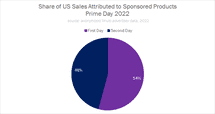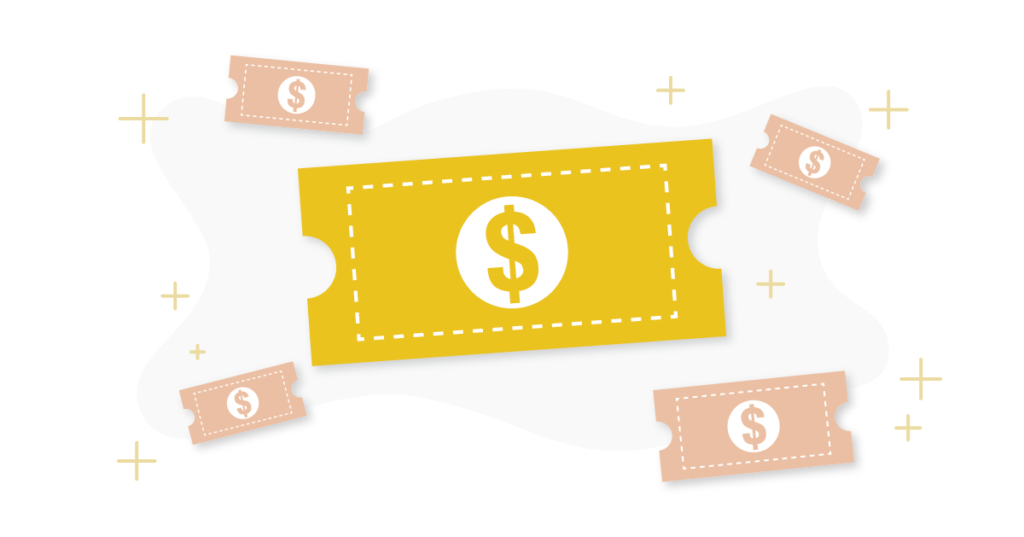
Many benefits can be enjoyed when you buy products and services via the internet. There are some downsides to this convenience. You might be at risk from fraudsters. You can protect your shopping secrets and reduce the chance of being scammed. Online shopping allows you to purchase virtually any product and pay for it with your credit card. The most important tip is to keep your identity and payment information to yourself.
Online shopping for products and services
There are many advantages to purchasing products and services online. Online shopping can be time- and cost-savings abound. Online shopping lets you search for products, place buying requests, and locate suppliers. Online trading networks can be used to trade information, purchase supplies and equipment. This is possible to automate, which reduces costs. You can also reduce your costs by buying products and services directly from suppliers.

Convenience
Although online shopping offers many benefits to consumers, many of these benefits are more difficult than those you would find in a brick and mortar store. While 72% of consumers tolerate shipping delays, nearly 80 percent will abandon their purchase if a product isn't in stock. Shipping delays can be dangerous, and shoppers may not always have a good sense of the product's quality. This could make it difficult to compare products.
Online shopping is now an integral part of our day-to-day lives due to its many benefits. You don't have to deal anymore with long lines, crowds, and other inconveniences. Additionally, customers can shop wherever they are connected to the internet. They can shop at any time, no matter what the day is. Online shopping is also easier because so many products are available.
Risk of being defrauded by a merchant
Fraudulent activity can also be conducted online, particularly if you buy a product with high resale potential. The most common method is to get your credit card number and use it to track your purchase. Fraudsters often send large orders in order to steal your money. Then, they will move on to their next victim.
There are many ways for fraudsters to purchase online, including chargeback fraud. Most commonly, a merchant will enter your credit card number into the payment field. The transaction can be challenged in a number of ways, including contacting banks. The merchant will have to refund the purchase amount if a chargeback is made. Forgers may also use stolen information in order to create false identities.

Keep your shopping secrets secret
To protect yourself from fraudulent sites, use only reputable websites for online shopping. Secure websites conceal the information you input so that cybercriminals are unable to access it. When shopping online, only visit reputable sites, and don't click on links or emails from unknown senders. Be sure to read the terms and conditions of any company before giving out credit card information. Avoid purchasing items that ask you for your Social Security information.
FAQ
How to avoid online fraud when using credit cards
If you use credit cards online, make sure you check your statements carefully before making purchases. You should only pay what you actually owe. If you notice anything unusual, check your bank statements often. Call your card issuer immediately if you see any unusual charges. They will cancel the transaction and usually refund any money taken from your account.
If you feel you've been victim to fraud, you can contact your local authorities. You can also report to the Federal Trade Commission.
Do I really have to register my credit card number online for shopping?
You don't have to register for your credit card. However, if you wish to receive special offers and discounts, registering your card may be beneficial. It's a good idea that you verify your identity to your bank.
How do I avoid getting conned online?
It is crucial to be vigilant when shopping online. Before buying online, read reviews and check out customer feedback. Never send sensitive financial information via email. Instead, go to a secure site like PayPal. You can rest assured that your information will be safe by using this secure site.
What are the advantages and disadvantages of online shopping?
Online shopping offers many benefits to both consumers and retailers. Online shopping has many advantages. It allows consumers to shop at their own pace. You don't even have to go to stores to look at the products. There are also some drawbacks. Online shoppers may not know how much an item is until they order it. This could lead them to overspend. Customers might also feel safer shopping in big-box stores because they have the opportunity to see products in person. A customer who buys something online may decide to return it. Online shopping could also make brick-and–mortar stores less competitive in order to keep their customers.
Are you a fan of using coupons at grocery stores
Coupons are definitely worth it as they can help save you money. Be aware that not all discounts are available. Try to match sales prices with coupon codes.
You can also stack coupons together to maximize savings. For example, if you have two $2/1 coupons, you could combine them into one $4/3 coupon.
Statistics
- Last Black Friday, I bought a stove from Lowes at 40% off, receiving 24 months of interest-free financing (from Lowe's). (meetfabric.com)
- The vast majority only change a password to protect privacy a few times a year (27 percent) or, more likely, never (35 percent). (pcmag.com)
- The tax is automatically added once you click the checkout button, so factor in an additional 20% when looking at the product page. (makeuseof.com)
- Your Online Purchases 79% of Americans purchased goods and services online in 2018, which is expected to exceed 90% in 2023. (meetfabric.com)
External Links
How To
What are safe shopping techniques online?
Secure online shopping is something that everyone who shops online should know. It's great to be able to shop from various websites without being scammed.
If you are looking for the best ways to buy items online, read on! This article will explain all the tips and tricks that can help you avoid falling for scams.
-
Do your research. Before you decide to shop online, it's essential to do your homework first. You can read reviews about the company and look for feedback from customers. Refer to friends for suggestions.
-
It's worth shopping around. Compare prices across multiple sellers if you aren't sure if a particular shop is reliable. Also, consider using price comparison apps like Google Shopping and Amazon Price Checker. These tools let you see which retailers have the lowest prices.
-
Pay attention to red flags. If you are browsing product pages, look out for red flags. Fake sites often have misspelled words, grammatical mistakes, and other problems. These fake sites may also sell counterfeit products or display insufficient products.
-
Beware of popup windows Pop-ups can be used to steal credit card numbers or passwords. These pop-ups can be closed by pressing "escape" and choosing another browser window.
-
Ask yourself questions. Think about these questions as you browse a website. Do I get what I need from it? Can I trust the people behind this site?
-
Don't give away your personal information. Unless you initiated the transaction or provided financial information, do not give out your Social Security number, bank account numbers, or credit card details by phone or email.
-
Do not click on links in emails. It's very easy to click on a link in an email and end up on a phishing site that looks exactly like the real thing. To avoid this type of fraud, only open emails from trusted sources (such banks)
-
Use strong passwords. Strong passwords should be composed of letters, numbers and symbols. Make sure you keep your password secret and never share it with others.
-
Take care when downloading files. Never open attachments from unknown senders and always download files directly from the source. Never open attachments from unknown recipients. Do not open attachments from unknown senders asking you to install any software.
-
Report suspicious activity. You should immediately notify your local police if you suspect your identity may have been stolen. You can also file a complaint with the Federal Trade Commission.
-
Protect your device. You should have anti-malware software installed on your computer. This could prevent hackers from accessing your private information.
-
Watch out for scammers targeting seniors. Seniors are more susceptible to scammers because they are less likely than others to be able to spot fake messages and websites.